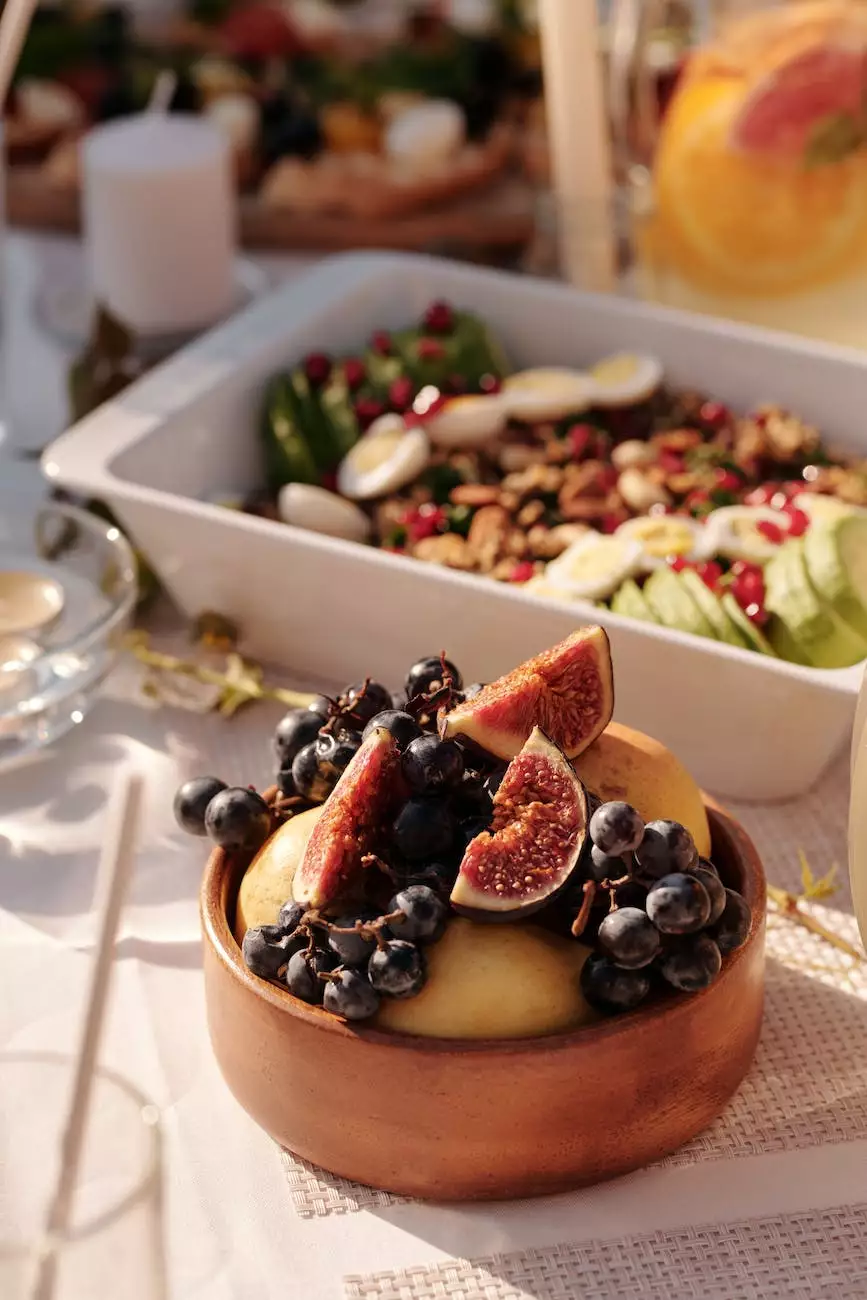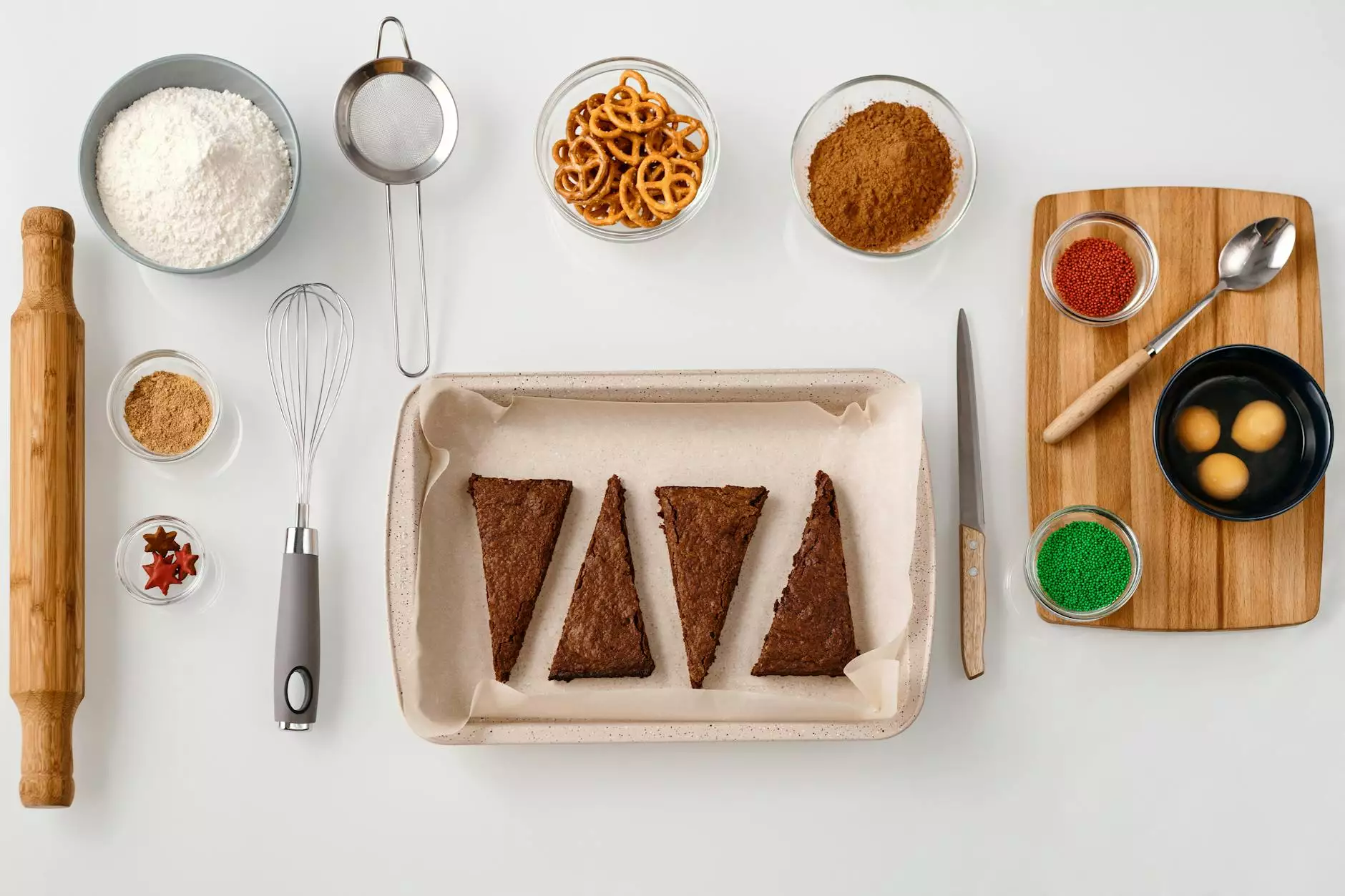Yeast-Free Foods
Resources
Introduction
Welcome to Sanctuary Therapies, your trusted source for alternative and natural medicine in the field of health. In this guide, we will explore the concept of yeast-free foods and their potential benefits for improving overall well-being. Whether you are dealing with specific health concerns or simply looking to adopt a healthier lifestyle, incorporating yeast-free food options into your diet can be a valuable choice.
The Importance of Yeast-Free Foods
Yeast, a type of fungus, is commonly found in various food products. While it is considered a normal part of our diet, excessive consumption of yeast can potentially lead to health issues, especially for individuals with certain sensitivities or conditions such as candida overgrowth. Eliminating or minimizing yeast intake through a yeast-free diet can help promote better health and overall balance.
Benefits of a Yeast-Free Diet
Adopting a yeast-free diet can offer numerous benefits, including:
- Improved Digestive Health: Yeast-free foods are often easier to digest, which can alleviate symptoms such as bloating, gas, and indigestion.
- Boosted Immune System: A yeast-free diet can support a healthy immune system, reducing the risk of infections and promoting better overall health.
- Weight Management: Certain yeast-free foods are low in calories and carbohydrates, making them a suitable choice for individuals aiming to maintain a healthy weight.
- Increased Energy Levels: Eliminating yeast can help reduce fatigue and promote higher energy levels, improving your daily productivity and overall well-being.
- Reduced Food Allergies: For individuals with yeast sensitivities or allergies, adopting a yeast-free diet can alleviate symptoms such as rashes, itching, and digestive discomfort.
- Enhanced Mental Clarity: Some individuals report improved mental clarity and reduced brain fog after eliminating yeast from their diet.
Yeast-Free Food Options
When following a yeast-free diet, it's essential to focus on consuming foods that are low in yeast or yeast-free. Here are some yeast-free food options to consider:
1. Grains and Seeds:
Incorporate yeast-free grains and seeds such as quinoa, rice, oats, millet, buckwheat, and chia seeds into your diet. These alternatives provide essential nutrients without the potential negative effects of yeast.
2. Fresh Fruits and Vegetables:
Enjoy a wide variety of fresh fruits and vegetables, as they are naturally yeast-free and rich in vitamins, minerals, and fiber. Aim for a colorful assortment to ensure you receive a wide array of nutrients.
3. Lean Proteins:
Opt for lean protein sources, including poultry, fish, tofu, legumes, and eggs. These protein-rich options can be enjoyed on a yeast-free diet while providing necessary amino acids for optimal body function.
4. Dairy Alternatives:
If you are lactose intolerant or prefer to avoid dairy products, choose yeast-free alternatives like almond milk, coconut milk, or soy milk. These options offer similar nutritional benefits without the potential adverse effects of yeast.
5. Healthy Fats:
Incorporate yeast-free healthy fats into your diet, such as avocado, olive oil, coconut oil, and nuts and seeds (excluding peanuts). These fats provide essential nutrients and can contribute to a well-rounded yeast-free meal plan.
Consult with a Specialist
While incorporating yeast-free foods into your diet may offer various benefits, it's important to consult with a healthcare professional or nutritionist who specializes in alternative and natural medicine. They can provide personalized recommendations based on your specific health needs and goals.
Conclusion
Choosing yeast-free foods can be a valuable step towards improving your overall health and well-being. Sanctuary Therapies is dedicated to promoting alternative and natural medicine, including the benefits of yeast-free diets. By incorporating yeast-free options into your meals, you can optimize your digestive health, boost your immune system, manage your weight, and experience increased energy levels. Enjoy a wide range of yeast-free grains, fruits, vegetables, lean proteins, and healthy fats to create delicious and nutritious meals that support your health goals. Consult with a specialist to explore the best strategies for incorporating yeast-free foods into your diet and embark on a journey of improved well-being today!










